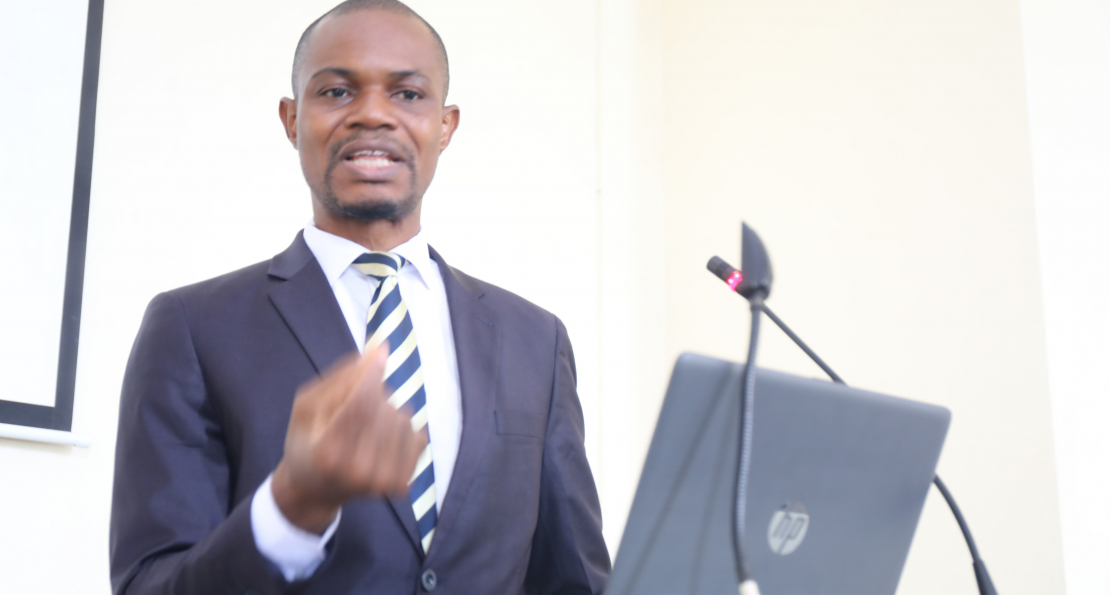How the recently passed Petroleum Industry Law can create sustainable prosperity and engender public trust in the oil-bearing communities and beyond was the thrust of the 4th School of Law seminar held on October 28, 2021, inside the Washington Hall.
The seminar's resource person and Assistant Professor in the School of Law, Dr. Obinna Dike, presented, "Community Trust, the Concept of Community Sustainability Under the Petroleum Industry Act 2021: A Conceptual Framework." This focused on "how to articulate the content and elements of sustainability and ensure that it is implemented to deliver the value we want."
The new Petroleum Industry Act 2021 was recently signed into law by the President on August 16, 2021. It repealed the extant Petroleum Act 2004, and, Professor Dike said, "has created an array of provisions and innovations that will affect the private, public sector and stakeholders in the oil and gas industry."
The sources and allocation of the host communities' development Trust are also provided under Sections 240 and 244 of the Act. The funds are to be distributed by the Board of Trustees to host communities using a matrix provided by the settler. He recommended that people should be educated on these issues.
"I think we do not understand the word sustainable development. It has been misused. We have to have a system, there is need for conferences, seminars, and stakeholder engagement meetings so that there is understanding of what sustainable development is. So projects can be identified to meet these sustainable development goals".
As noted by Dr. Dike, the critical issue is that "there is a huge knowledge gap in Nigeria on some key issues that affects them," noting that the institutions created to carry out these sustainable goals are not accountable, hence the need for a framework.
"The need for the framework cannot be overemphasized. One of the reasons is the issue of lack of trust in governance and government.
"Take the instance of the Niger Delta Development Commission (NDDC) which was instituted to solve the problems in the Niger Delta. To what extent has the NDDC fulfilled its mission? Is the agency staffed by competent people? How accountable is it?"
The Dean of Graduate School Professor Jacob Jacob described the seminar as very topical.
"More research should be directed at understanding the accountability mechanism that each community can use to ensure that funds are applied appropriately for sustainable development goals."
Reported by Bitwul Dashe


